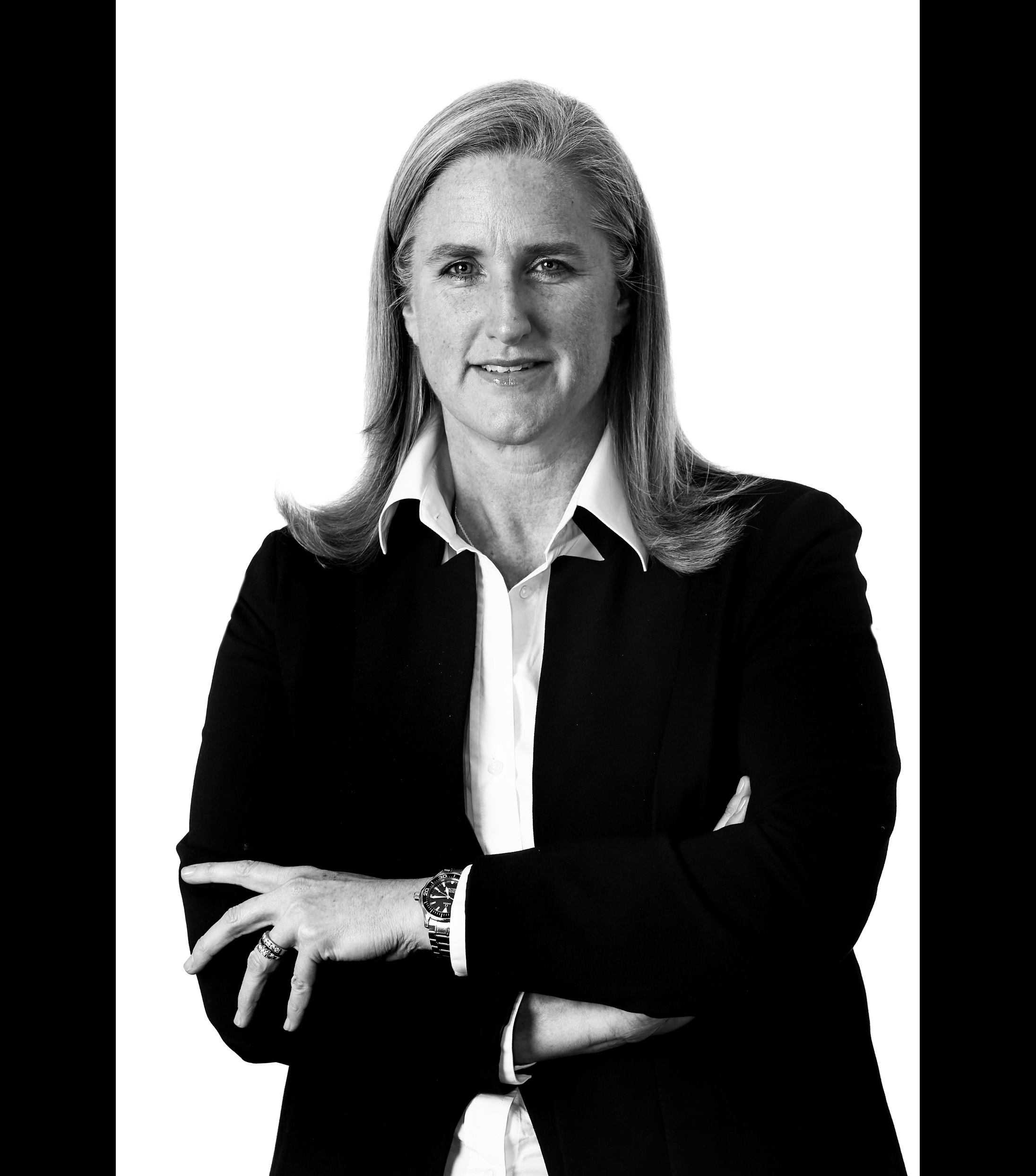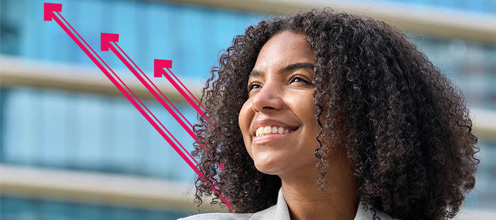
Author: Maha Khan Phillips
Sue Asprey-Price sits on the Work Dynamics Global Executive Board and leads the Work Dynamics business for JLL in EMEA. During CFA UK’s ‘In Conversation Podcast’, Asprey-Price talked to Maha Khan Phillips about how the workplace is evolving, and examined some of the key considerations for businesses, as well as employees.
When Elon Musk took over Twitter, he generated controversy by installing beds in the office, encouraging employees to remain at work. The move was in sharp contrast to what occurred in 2020, when those same employees were told they could work from home ‘forever’ if they wanted to, because remote working during lockdown had been a success.
While the Musk example is extreme, it is true that in a post-pandemic world, businesses are still contending with what the future of work will look like. While many companies are offering hybrid work models, others are insisting that their employees come into the office full time.
Businesses are trying to tackle a host of different challenges, and in different ways, believes Sue Asprey-Price. Asprey-Price leads the Works Dynamics business at JLL, the global commercial real estate services firm.
Speaking on CFA UK’s In Conversation podcast, Asprey-Price talked about how companies are focusing on wellbeing and connectivity post the pandemic. “What companies realised is that remote working people didn’t have a social aspect to work. They didn’t associate with their brand. It was difficult to associate with the purpose of an organisation,” she said.
While most companies want to adopt a hybrid working model, and not compel people back to the office, they have to get the balance right, she believes. “Actually, now we have a lot of strong evidence that demonstrates it is a benefit to individual employees for their own personal development, their own personal wellbeing and their social aspect as well. So it’s a difficult balance.”
While the Musk example is extreme, it is true that in a post-pandemic world, businesses are still contending with what the future of work will look like. While many companies are offering hybrid work models, others are insisting that their employees come into the office full time.
Businesses are trying to tackle a host of different challenges, and in different ways, believes Sue Asprey-Price. Asprey-Price leads the Works Dynamics business at JLL, the global commercial real estate services firm.
Speaking on CFA UK’s In Conversation podcast, Asprey-Price talked about how companies are focusing on wellbeing and connectivity post the pandemic. “What companies realised is that remote working people didn’t have a social aspect to work. They didn’t associate with their brand. It was difficult to associate with the purpose of an organisation,” she said.
While most companies want to adopt a hybrid working model, and not compel people back to the office, they have to get the balance right, she believes. “Actually, now we have a lot of strong evidence that demonstrates it is a benefit to individual employees for their own personal development, their own personal wellbeing and their social aspect as well. So it’s a difficult balance.”
Shifting Workplace Preferences
Asprey-Price highlighted data from JLL’s 2022 Workforce Preferences Barometer which reveals that younger professionals want to spend more time in the office, citing their desire to collaborate and to learn. “What we are seeing is that younger generations, the Gen Z, are actually now coming back into the office. We forget that a lot of learning takes place in an office through osmosis where they listen, where they are on the side of something that’s happening, that’s really empowering and enriching their lives.”
Younger professionals are also very passionate about having a purpose. They want their companies to support professional development, to attract new types of talent, and build social community engagement models, she said.
In contrast, the ‘Baby Boomer’ generation, closer to retirement, and more likely to have comfortable home situations to work from, are more likely to want opportunities to work remotely.
Younger professionals are also very passionate about having a purpose. They want their companies to support professional development, to attract new types of talent, and build social community engagement models, she said.
In contrast, the ‘Baby Boomer’ generation, closer to retirement, and more likely to have comfortable home situations to work from, are more likely to want opportunities to work remotely.
Building Diverse Workforces
Asprey-Price highlighted the opportunities that hybrid working offers companies who want to attract diverse talent. “An interesting thing that did happen during Covid is that we saw some myth busting. We saw that certain roles that we were always told could not be done remotely, all of a sudden were done remotely.”
It allowed businesses to bring in more flexible models to accommodate the lifestyles and needs of their employees. “When we say hybrid work model, it doesn’t just mean that you come in on a Tuesday, on a Thursday. It actually can mean that you just work different hours,” she said.
It’s also about ensuring that the built environment is inclusive. “We’re starting to see things come through like neurodiverse environments, lighting systems, the colours that you use on the walls that can impact people in a negative way. How do you create an environment that considers all those aspects? … it’s also things like having gender neutral toilets and having areas of your office environment that people can truly bring their whole selves to work and not feel like it’s something they have to hide,” she said.
Companies that want to adopt new models should think about ensuring that everyone has a voice, and should avoid a two tier system. Asprey-Price highlighted the fact that some people like being in the office more than others. “They are in the office five days a week and it’s because they love it, and they feel that it is the environment for them to be the most productive and social and collaborative. But what that doesn’t mean is that somebody who isn’t in the office as frequently has less of a role,” she said.

It allowed businesses to bring in more flexible models to accommodate the lifestyles and needs of their employees. “When we say hybrid work model, it doesn’t just mean that you come in on a Tuesday, on a Thursday. It actually can mean that you just work different hours,” she said.
It’s also about ensuring that the built environment is inclusive. “We’re starting to see things come through like neurodiverse environments, lighting systems, the colours that you use on the walls that can impact people in a negative way. How do you create an environment that considers all those aspects? … it’s also things like having gender neutral toilets and having areas of your office environment that people can truly bring their whole selves to work and not feel like it’s something they have to hide,” she said.
Companies that want to adopt new models should think about ensuring that everyone has a voice, and should avoid a two tier system. Asprey-Price highlighted the fact that some people like being in the office more than others. “They are in the office five days a week and it’s because they love it, and they feel that it is the environment for them to be the most productive and social and collaborative. But what that doesn’t mean is that somebody who isn’t in the office as frequently has less of a role,” she said.
LISTEN NOW
Susan Asprey Price ,CEO EMEA Work Dynamics

